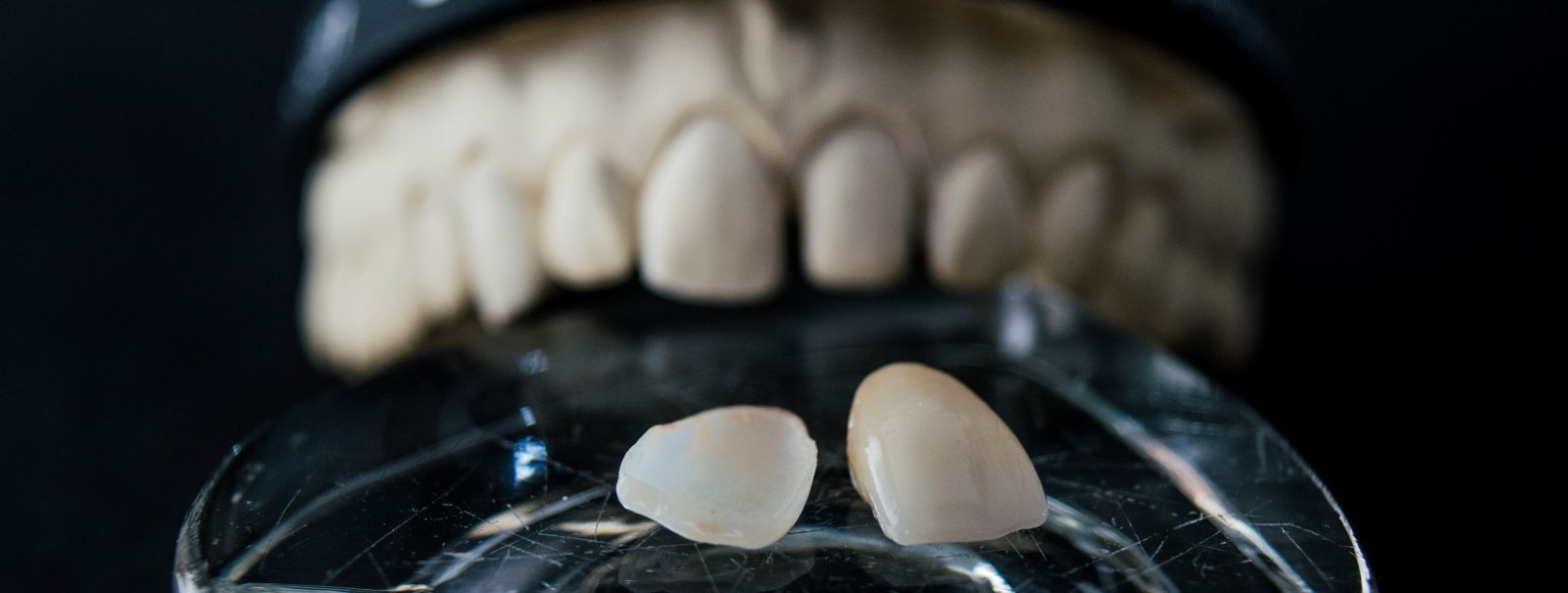Understanding dental prostheses: types and care
Dental prostheses are artificial devices designed to replace missing teeth, restore oral functions, and enhance aesthetic appearance. They play a crucial role in maintaining oral health, ensuring proper chewing, speaking, and preventing the shifting of remaining teeth.
Individuals who have lost teeth due to decay, injury, or gum disease, as well as those born with congenital conditions that affect tooth development, may require dental prostheses.
Types of Dental Prostheses
Dentures are removable prosthetic devices that can replace a few missing teeth (partial dentures) or an entire set (complete dentures). They are custom-made to fit the patient's mouth and are supported by the surrounding soft and hard tissues.
Fixed bridges are non-removable prostheses that consist of one or more artificial teeth anchored by crowns on the adjacent teeth. They are used to fill the gap left by missing teeth.
Dental crowns are caps placed over a damaged or decayed tooth to restore its shape, size, strength, and appearance. They can be made from various materials, including porcelain, ceramic, or metal alloys.
Dental implants are metal posts or frames surgically positioned into the jawbone beneath the gums. Once in place, they allow the dentist to mount replacement teeth onto them.
Partial dentures are similar to complete dentures but are designed for patients who still have some natural teeth remaining. They are often attached to the natural teeth with clasps or precision attachments.
Caring for Your Dental Prostheses
Proper care of dental prostheses is essential for their longevity and the health of the patient's mouth. Daily cleaning with specific brushes and cleaning solutions is recommended.
When not in use, certain dental prostheses should be kept in a safe, clean place, often in water or a moist environment to maintain their shape.
Regular check-ups with a dental professional are vital to ensure the proper fit and condition of the prosthesis, as well as to monitor the health of the patient's mouth.
Over time, dental prostheses may require repair or replacement due to wear and tear. It is important to visit a dentist for any adjustments or concerns.
Choosing the Right Dental Prosthesis
Choosing the right dental prosthesis involves a thorough consultation with a dental professional who can assess the patient's specific needs and recommend the best options.
Patients should consider their lifestyle, daily habits, and aesthetic preferences when selecting a dental prosthesis.
Understanding the costs involved with different types of dental prostheses is important for making an informed decision. Various factors, including materials and complexity of the procedure, can affect the price.






Comments (0)